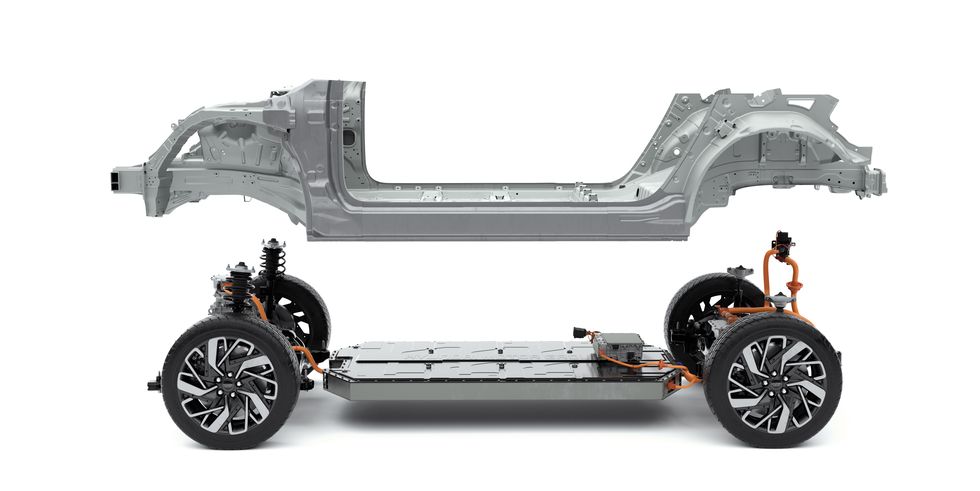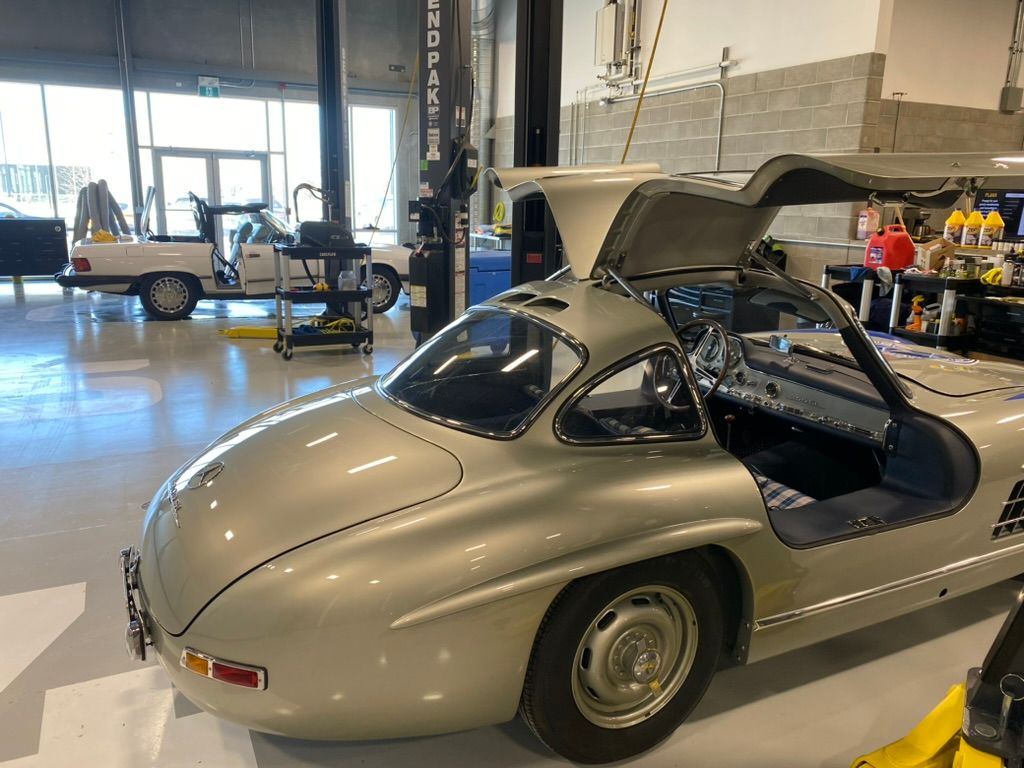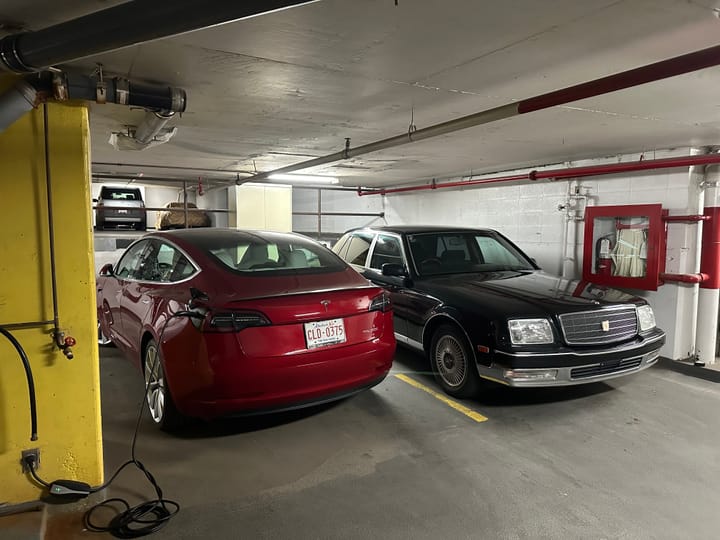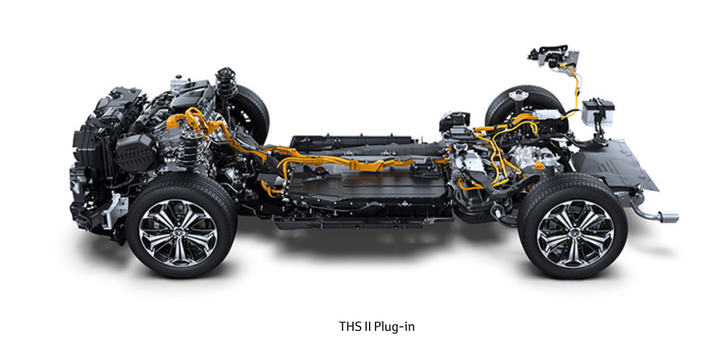Canada Could Become A Global Leader In The EV Supply Chain - And Give Ourselves Better Vehicles In The Process.

The electric car has become a lightning rod (sorry) for polarizing views on transportation and the environment - especially in Alberta. A balanced and honest portrayal of the issues seems to be largely missing. Where fact-based arguments should exist, there are ill-considered opinion pieces and virulent Social Media posts. I think with an attempt at objectivity, there could be a clear path forward that balances the needs of the Canadian and Alberta economy with meaningful reductions in GHGs, and an improved product for consumers.
First some basic facts that everybody should be able to agree on:
- Consumption requires energy which uses up the planet’s resources.
- There is no ‘clean energy’; some is dirtier than others, but there is no type of energy that is without environmental impact.
- The more one consumes, the more energy one uses.
As long as we keep buying things and going places we are using up the planets resources. The best we can hope to do is not waste what we have, and be somewhat efficient. So, what is the mix of fossil fuel, renewable energy, combustion-engined and electric cars that makes the most sense - balancing convenience, the economy and the environment? What is the path forward?
Consider these recent Government policies from the EU, US and Canada:
We learned this week that the EU has approved the sale of combustion engined vehicles past their previous deadline of 2035 - provided they are powered by synthetic fuel. Synthetic fuel or eFuel is made by using renewable energy to separate Hydrogen from water, scrub CO2 from the atmosphere and then create synthetic hydrocarbons. It is expensive and only makes sense to create where there is abundant renewable energy. Porsche is an early adopter of this technology and makes eFuel for its racing program using wind turbines in the Straight of Magellan in Southern Chile, which has some of the strongest winds on the planet.
In the US, the Biden administration announced more details on the EV subsidies from the Inflation Reduction Act (IRA), which includes measures to loosen China’s dominance of the EV and battery supply chain. Biden wants the batteries made in the US, or countries that have a free trade agreement with the US, to mine the minerals and produce the batteries and other components for EVs that are sold in the US. There is a $7,500 credit on vehicles that source their components accordingly.
Canada has benefitted from the IRA with Volkswagen announcing the construction of a major EV battery plant in Ontario. Canada is the only Western country that has all the critical minerals required to manufacture EV batteries: graphite, nickel, aluminium, copper, lithium, cobalt, manganese, molybdenum and rare earth elements. Canada has nearly all of the raw materials necessary to make solar panels.
China has gone from zero to complete dominance of the EV and solar panel supply chain in 10 years. Canada could take some of this market share.
Doing things in Canada costs more than Asia or Africa - in large part because we insist on more stringent environmental regulations and ethical corporate governance. This competitive disadvantage can be eliminated by slapping large duties on products that are not produced responsibly. We have control over what people buy in our country.
The Canadian Government tabled their Zero Emission Vehicle plan recently which implements targets for ZEVs sold in Canada starting in 2026 and going through to 2035 when they want 100% of passenger vehicles to be able to be propelled by electricity. That doesn’t mean they can’t have a combustion engine. ZEVs are defined as vehicles that have the ability to drive without tailpipe emissions and include BEVs, PHEVs and Hydrogen Fuel Cell Vehicles.
A Hydrogen fuel infrastructure would be incredibly expensive, and not practical beyond major transportation corridors.
Electric-only (BEV) vehicles are not going to work for every Canadian - at least as their only car.
It is impractical to put fast DC charging everywhere Albertans want to travel. DC charging speeds in the winter make long distance travel by EV impractical. Towing with an EV beyond 100km just doesn’t work.
We will need liquid fuel for travelling long distances in sparsely populated areas - which is most of our country. We will need liquid fuel to fly more than a few hundred km.
That said, a PHEV with a combustion engine and battery offers very little compromise for those who need the long range of liquid fuel. Even a truck in rural Alberta can still make use of a large Li-ion battery to power hand tools and electrical accessories, and to pre-condition the interior temperature without having to let the combustion engine idle. It could also be used as an emergency power source in the event of a power outage. A big battery adds to the utility of any vehicle.
Canada has a good mix of fossil fuels and renewable energy that can provide a baseline of electrical power with ample capacity for peak hours. Our electrical grid only averages 20% of its capacity. EVs can be charged at night when demand is very low. The maximum power generated by solar power and wind just happens to match the timing of power demand from air conditioners. Alberta is the second sunniest province in Canada (next to Saskatchewan), and also has significant wind resources. Lots of sun, but without extreme temperatures, is ideal for photovoltaic cells and their electronic controls. Other provinces have significant Hydro and Nuclear power.
So…
Looking at all this objectively, the path that Canada should take with regard to transportation and carbon reduction should be straight forward: Become a major supplier of EV batteries and Solar panels, convert our fleet of passenger vehicles to BEV and PHEVs and continue to diversify our energy production with the expansion of renewables.
We can offer Canadians, and the rest of the world, energy security, responsible governance, and the components necessary for the transition to eMobility. It is not just the United States that would rather buy energy and raw materials from countries other than China and Russia.
Consumers would benefit by having better cars with large batteries; better drivability, more efficiency, better climate control, more convenience and lower operational costs. Our economy benefits from more value added manufacturing. Converting a large portion of the miles driven by electric motors uses less overall energy and preserves non-renewables for where there is no viable alternative.
We should stop all the BS disinformation, EV hating and other divisiveness and get on with the job of adapting our industry and transportation systems to meet the needs of the future. Let’s be part of the solution!

Lawrence Romanosky is a 'Car Guy' running a speciality car service, restoration and brokerage business out of Calgary, Canada. He commutes in an electric car, but enjoys looking after a wide variety of classic machinery.
Lromanosky@me.com. 403-607-8625



Comments ()